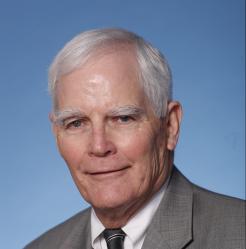On this episode, Ron Haskins and Melissa Kearney, co-editors of the Future of Children journal, discuss the journal’s new edition that focuses how cultural factors—including religion, parenting styles, role models, mentors and the media—shape economic outcomes. Haskins is a senior fellow emeritus in Economic Studies at Brookings and Kearney is the Neil Moskowitz Professor of Economics at the University of Maryland, as well as a Brookings nonresident senior fellow.
Also on this episode, David Wessel, senior fellow and director of the Hutchins Center on Fiscal and Monetary Policy, has another economic update in which he shares his concerns about the nation’s economic outlook.
Mentioned in the episode:
Marriage and Child Wellbeing Revisited (Fall 2015)
Subscribe to Brookings podcasts here or on iTunes, send feedback email to [email protected], and follow us and tweet us at @policypodcasts on Twitter.
The Brookings Cafeteria is part of the Brookings Podcast Network.








Commentary
PodcastHow cultural factors shape children’s social and economic outcomes
July 24, 2020